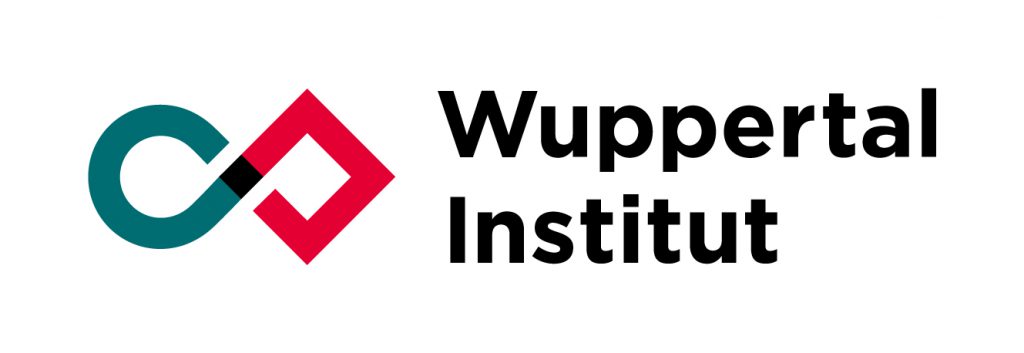ACADEMIC PARTNER

SUPPORTERS

Wuppertal Institute for Climate, Environment and Energy
The Wuppertal Institute sees itself as a leading international think tank for sustainability research focused on impacts and practical application. The organisation’s activities are centred on developing transformation processes aimed at shaping a climate-friendly and resource-efficient world. The overriding goal of the Institute’s work is to help to respect the planetary boundaries. This is represented in the guiding vision of a “climate-neutral and resource light society” by 2050.

